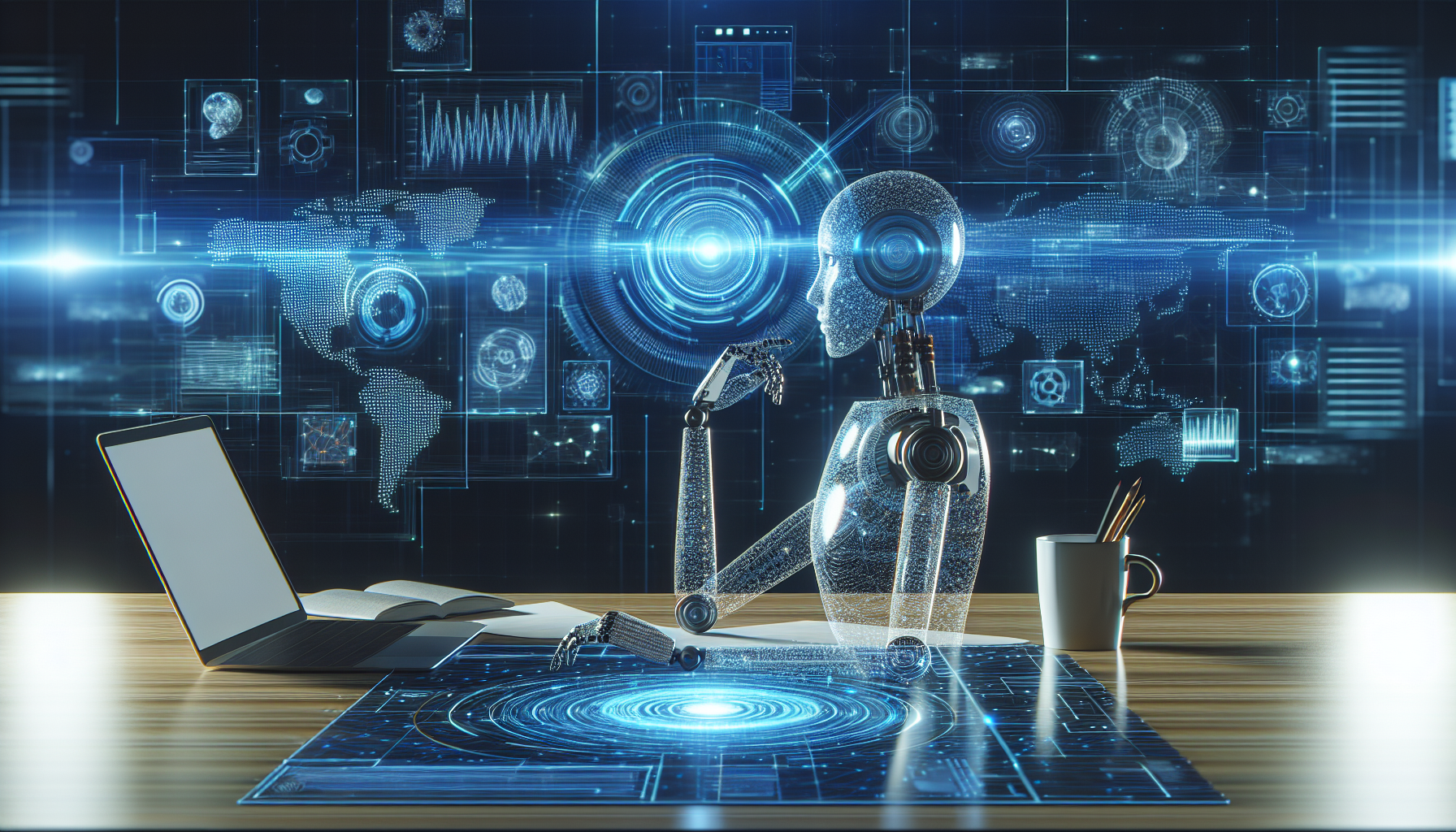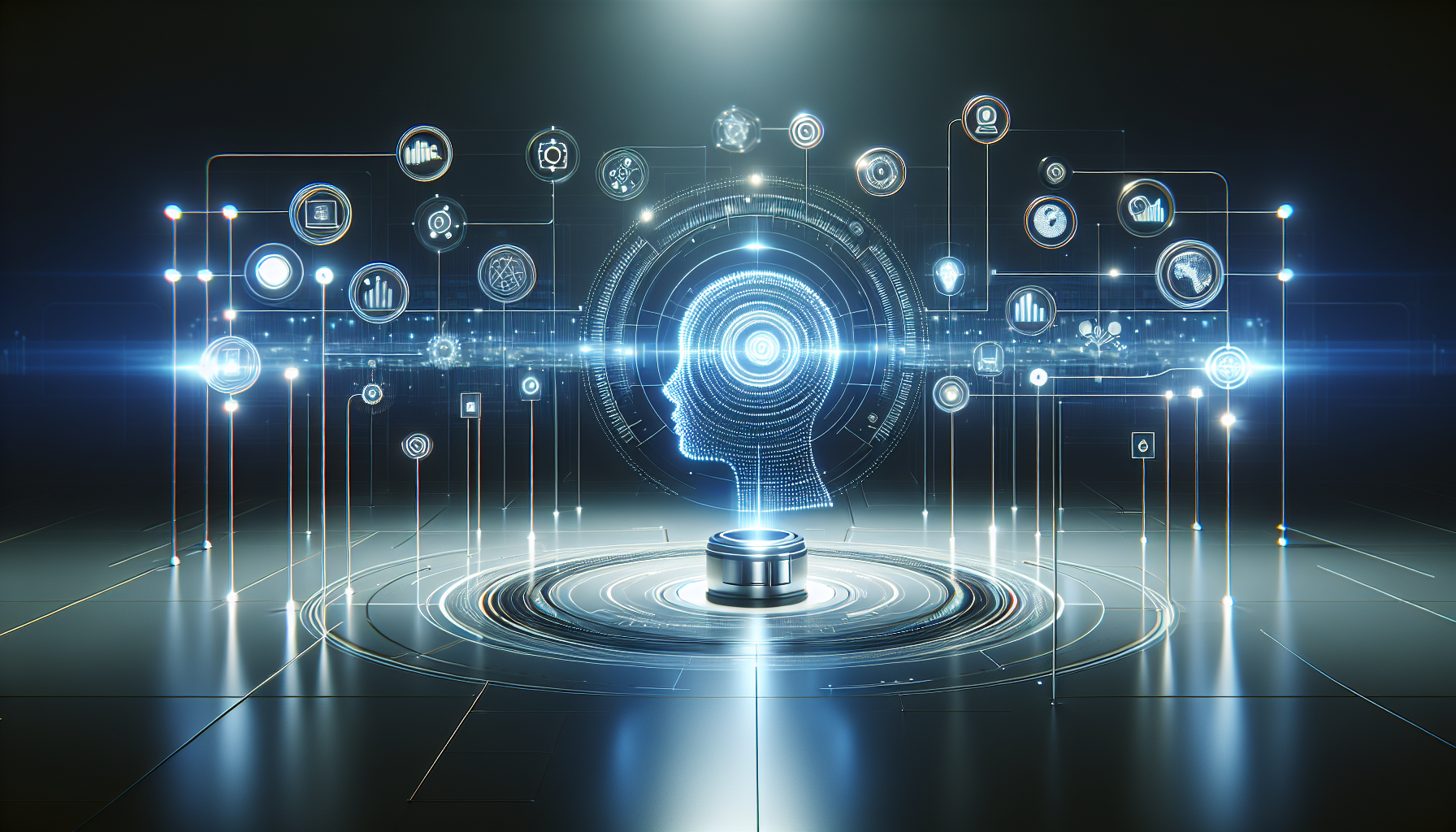
The Impact of AI on Education: Transforming Personalized Learning Experiences
September 16, 2025
Artificial intelligence (AI) is revolutionizing the educational landscape, offering a transformative approach to personalized learning experiences. This trend towards adopting AI in education is reshaping how students learn and educators teach, providing tailored educational experiences that cater to individual needs and preferences.
In traditional classroom settings, teachers often face the challenge of addressing diverse learning paces and styles within a single group. AI technologies are addressing this issue by enabling personalized learning experiences that adapt to each student's unique requirements. Through adaptive learning platforms, AI analyzes data on student performance and preferences, allowing for the creation of customized lesson plans and learning paths. These systems can identify areas where a student excels or struggles, providing targeted exercises and resources to enhance their understanding and retention.
Moreover, AI-driven tools offer real-time feedback, an essential component for effective learning. Instant feedback allows students to understand their mistakes immediately, facilitating a more efficient learning process. This capability not only aids in the mastery of specific subjects but also fosters a growth mindset, encouraging students to view mistakes as opportunities for improvement rather than setbacks.
The integration of AI in education extends beyond individualized lesson plans. Intelligent tutoring systems (ITS), powered by AI, serve as virtual mentors that guide students through complex topics outside the traditional classroom. These systems employ natural language processing and machine learning algorithms to engage students in interactive dialogues, simulating one-on-one tutoring experiences. As a result, learners receive personalized attention and support, which can be particularly beneficial in subjects that require a deep understanding of concepts, such as mathematics or science.
One of the lesser-known yet significant benefits of AI in education is its ability to bridge gaps in accessibility. AI-powered platforms can provide educational resources in multiple languages, catering to non-native speakers and promoting inclusivity. Additionally, AI can assist learners with disabilities by offering tools that accommodate their specific needs, such as speech recognition software or text-to-speech applications. These adaptations ensure that all students have equal opportunities to succeed, regardless of their backgrounds or abilities.
The role of AI in education is not limited to enhancing student experiences; it also empowers educators by streamlining administrative tasks and facilitating data-driven decision-making. AI systems can automate routine tasks, such as grading and attendance tracking, freeing up valuable time for teachers to focus on instructional strategies and student engagement. Furthermore, AI analytics provide educators with insights into student performance trends and learning behaviors, enabling them to tailor their teaching methods to better suit the needs of their students.
However, the widespread implementation of AI in education is not without challenges. Concerns regarding data privacy and security remain prevalent, as AI systems often require access to sensitive student information to function effectively. Educational institutions must prioritize the protection of student data, ensuring compliance with regulatory frameworks and adopting robust security measures.
Another consideration is the potential for AI to exacerbate existing educational inequalities. While AI offers opportunities for personalized learning, it is crucial to ensure that these technologies are accessible to all students, regardless of socioeconomic status. Addressing these concerns requires collaborative efforts from policymakers, educators, and technology developers to create equitable and inclusive AI solutions.
As AI continues to evolve, its impact on education is poised to grow, offering new possibilities for personalized learning experiences. The potential of AI to transform education lies in its ability to adapt to the changing needs of students and educators, fostering an environment where learning is dynamic, engaging, and accessible to all.
In contemplating the future of AI in education, one might ponder: How will the roles of educators evolve as AI assumes a more prominent presence in the classroom? This question invites further exploration into the symbiotic relationship between AI and education, as well as the innovative possibilities it holds for shaping the minds of future generations.


